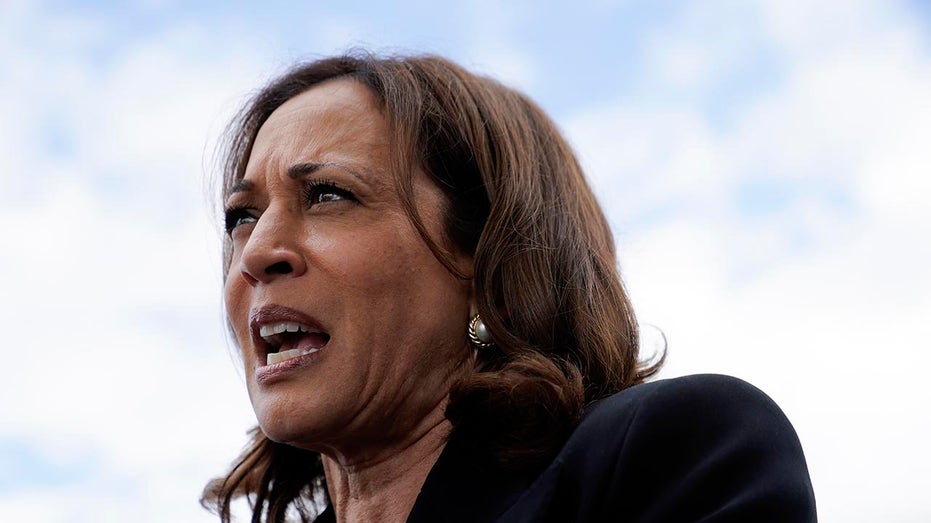Cyber incidents are the Achilles Heel for major UK CEOs, report finds
Most UK CEOs experienced some sort of crisis that has hindered businesses, as cyber security incidents and social issues are becoming a headache


British bosses are fretting over the potential impact of cyber attacks on their business after the majority of firms reported suffering from a crisis in the past year, a report has found.
In a survey of more than 500 senior leaders of UK businesses, including EY and JD Sports, around 85 per cent of firms reported having been through a crisis in the past year.
Cyber incidents came out top of the list for executives, with some 36 per cent of leaders reported facing some sort of cyber-attack, according to the poll by consultancy firm FGS Global.
The CEOs polled warned there was still a lack of understanding around cybersecurity and cybercrime, heightened by the risks posed by AI.
“The consensus from our in-depth interviews is that crises are becoming more prevalent, but also more unpredictable,” Jenny Davey, partner at FGS Global, said.
“Today’s CEOs must be multi-dimensional, prioritising bold, fearless decision-making and a strong organisational culture to navigate these turbulent times.”
The report noted that over half of respondents cited ransomware attack as a crisis their business feared facing, but only 36 per cent of companies felt they were “highly prepared” to deal with this type of incident.
There was also growth in leaders citing a crises related to personnel issues, with just under a quarter facing issues such as allegations of harassment or sexual misconduct.
The findings come as from next month, employers must take reasonable steps to prevent sexual harassment of their workers, due to changed to the law made by the Worker Protection (Amendment of Equality Act 2010) Act.
The report went on to show that some 13 per cent of businesses say they have faced challenges with divisive social issues, which includes the Palestinian conflict and gender debates.
On the breakdown of the generations, 39 per cent of 18–34-year-olds said they were very worried about divisive social issues causing a crisis for their company, compared with only 10 per cent of over 55s.



